

The 4th Amendment in a Zero Privacy World
Should the government need a warrant to get information it can buy on the open market?


Should the government need a warrant to get information it can buy on the open market?


Assumptions of racial animus are overshadowing a story that’s outrageous enough on its own.
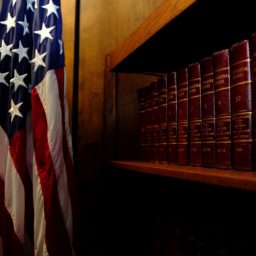
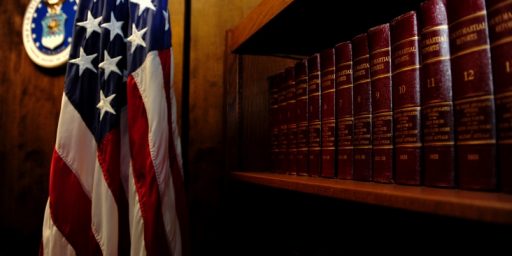
Disturbing news in the Eddie Gallagher case.
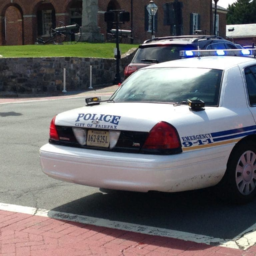
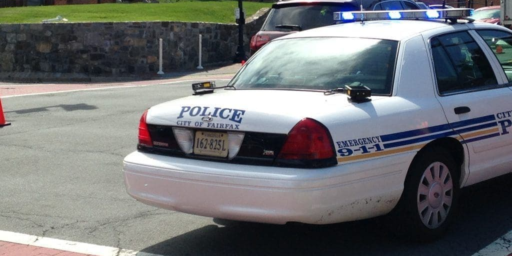
A Virginia Judge has ruled that automated license plate collection systems violate state law.


A Federal Appeals Court recently found that chalking the tires of a car parked in a public place is a violation of the Fourth Amendment. It’s not at all clear that this decision is correct.
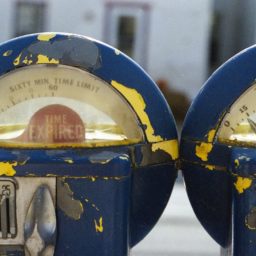

A Federal appeals court says the traditional means of parking enforcement violates the 4th Amendment.


Brett Kavanaugh is expressing some regrets over his performance last Thursday, but it’s largely far too little, far too late.


While I was originally content to let Brett Kavanaugh sail through to confirmation, I now feel compelled to oppose his nomination to be a Supreme Court Justice.


After eight hours of testimony, the only impression a non-partisan mind could be left with from the testimony of Christine Blasey Ford and Brett Kavanaugh is that we need a full investigation of the charges against the Supreme Court nominee. Unfortunately, we’re not going to get that.


In a case that pit the new rules of cyberspace against the old rules about when the Fourth Amendment protects privacy, the Supreme Court ruled today in a way that breathes new life into both privacy and the Fourth Amendment.


Yesterday, the Supreme Court ruled that a police officer violated the Fourth Amendment when he conducted a search on a vehicle parked in a Defendant’s driveway without a search warrant.


The Supreme Court ruled that the mere fact that the driver of a rental car is not listed on the rental agreement is not sufficient to justify a warrantless search of the vehicle.


Enforcing our immigration and drug laws comes at the cost of fundamental rights.
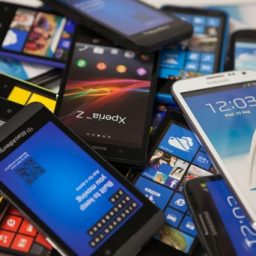

The Supreme Court heard oral argument yesterday in what could end up being a landmark case on the issue of the scope of Fourth Amendment rights in the 21st Century.


A Nurse in Utah stood up for her patient’s rights, and was harassed by the police for her efforts.


Yesterday, the Supreme Court accepted a case that will determine whether the Fourth Amendment allows law enforcement to obtain location data without a search warrant.


The Supreme Court made it harder for states to keep fines and other payments in cases where defendants are exonerated.


When it comes to the protections of the Fourth Amendment, it doesn’t matter if you’re “guilty” or “innocent,” it protects all of us.


The Supreme Court balances the Fourth Amendment against public safety concerns and, for the most part, gets it right.


The Supreme Court has once again issued a ruling that further chips away at the protections of the Fourth Amendment.
![[picture of 3 iPhones]](https://outsidethebeltway.com/wp-content/uploads/2016/02/iPhones-256x256.jpg)
![[picture of 3 iPhones]](https://outsidethebeltway.com/wp-content/uploads/2016/02/iPhones-512x256.jpg)
A Federal Judge in New York has denied an F.B.I. request to force Apple to extract data from iPhones involved in a Federal drug case.


A Federal Judge has ruled that the N.S.A. metadata collection program is unconstitutional, but it’s unclear if the ruling will have much of an impact.


The Supreme Court ruled that police are not entitled to access to a hotel registry without a warrant.


In a 6-3 vote that defied traditional expectations, the Justices have limited the ability of police to detain people on the side of the road for long periods of time.


The Supreme Court says that police who have a “reasonable” misunderstanding of the law can still pull you over.


For the fourth time in three years, a Federal Court has ruled that Florida’s law requiring drug tests for welfare recipients is unconstitutional.


A popular idea that does nothing useful while simultaneously violating the Constitution.


The Fourth and Fifth Amendments do not prevent the police from compelling you to unlock your phone if you used fingerprint scan technology to lock it, Virginia Judge has ruled.

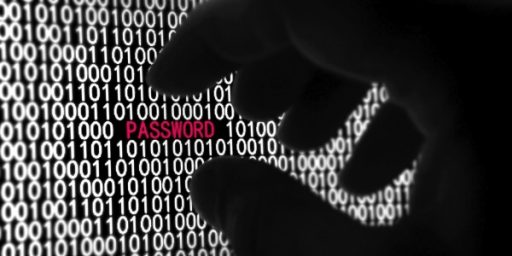
Another area where the law has yet to catch up to technology.


A unanimous Supreme Court rules that the Fourth Amendment bars police from searching your electronic device without a warrant.


Should the police be able to track you without a warrant? One Federal Appeals Court says no.


Today’s oral argument before the Supreme Court on the issue of police searches of cell phones and smartphones left much up in the air.


The Justice Department thinks police should be able to search the smart phones of anyone arrested for anything.
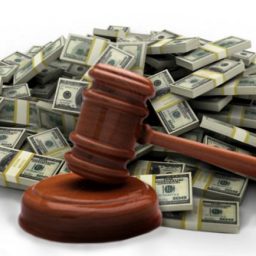
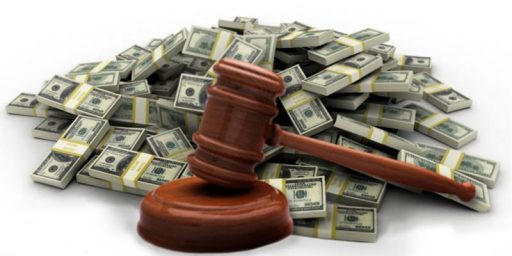
The Court gets the result right, but their reasoning will make things much more difficult for courts, defendants, and victims.


Yesterday the Supreme Court greatly expanded the circumstances under which police can rely on anonymous tips.


In a new interview, Edward Snowden explains his motives for absconding from the country with NSA secrets.


A potentially big legal setback for a big National Security Agency program.


Not surprisingly, Time’s editors chose Pope Francis as Person Of The Year. However, Edward Snowden arguably would have been the better choice.


Apple’s new fingerprint sensor. A cop’s best friend?


Prism ain’t got nothin’ on the Hemisphere Project.
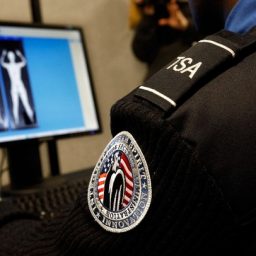

TheTransportation Security Administration is expanding its purview to train stations and sporting events.


A husband and wife do unrelated, and perfectly innocent, Google searches, and get a visit from the FBI.


New Jersey’s highest court gets it right.


New technology brings the day of round the clock tracking of citizens who’ve done nothing wrong ever closer.

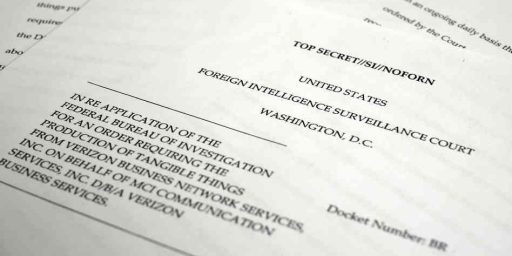
Don’t blame “secret courts” for the government’s expanded spying on American citizens and allies.